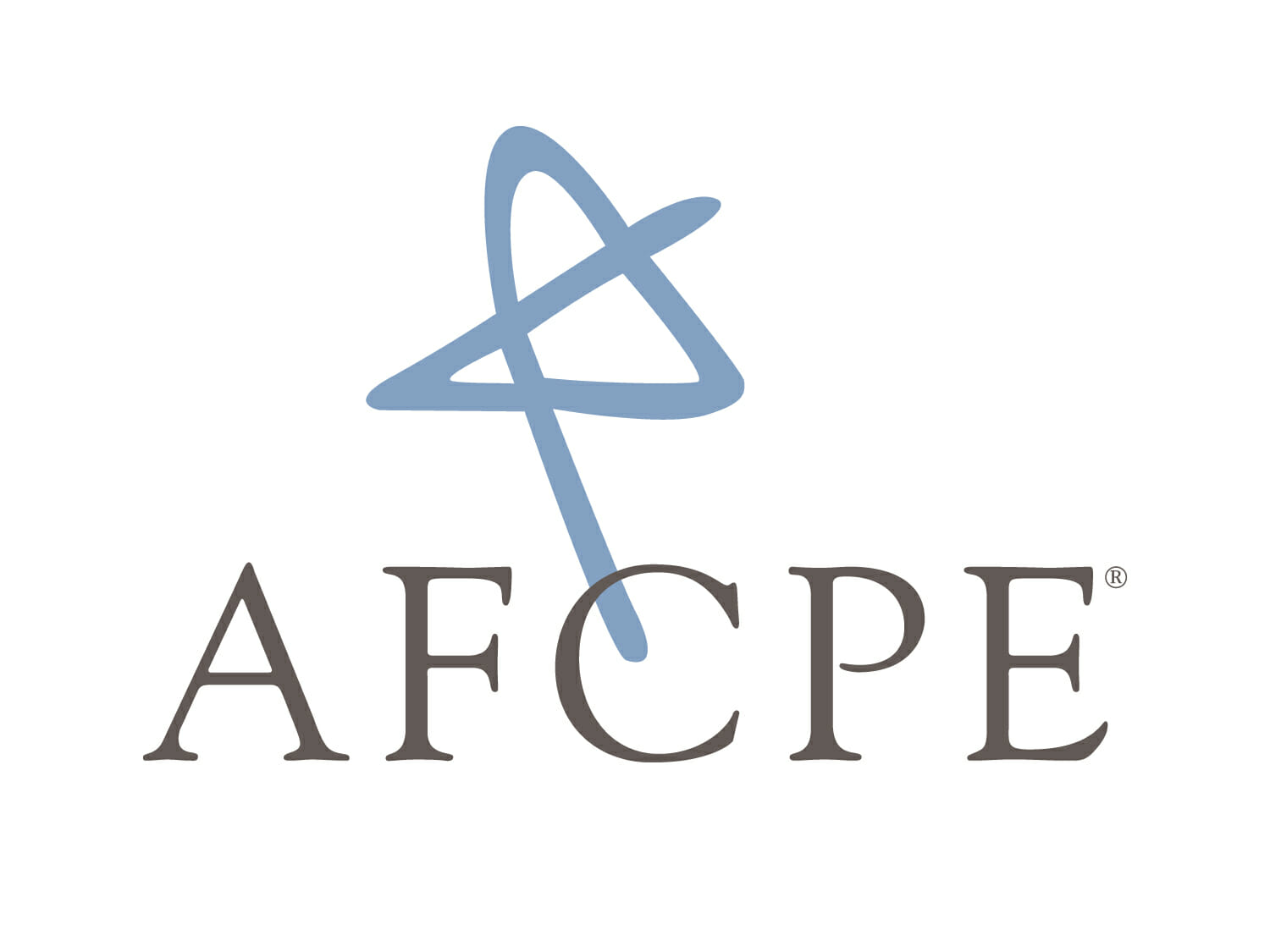Over the past ten years, there has been increasing focus placed on financial capability to address the increasing personal debt levels and the overall financial well-being of Americans. It is more important than ever that consumers understand their options, the financial services profession, and who is best equipped to serve them at all stages of their financial lifecycle.
Recently, there has been a contentious debate about the fiduciary rule proposed last year, which would require investment brokers to act in the best interest of their clients regarding retirement accounts. Resistance to this proposal is based on faulty reasoning that the middle class will be hurt as a result. The opposition argues that increased liability and regulatory costs for advisors will lead to higher fees, negatively affecting lower income clients.
However, the current “suitability standard” leaves far too much room for financial abuses. We only have to look at recent history to see that when financial services are not regulated, it is the consumer who suffers. Advisors, when motivated by commissioned sales, can and do recommend products that may be “suitable” for their clients, but they do not always recommend what is “best.” Of course, this does not mean that the individual advisor is seeking to abuse the client, but the fact is that the advisor’s fiduciary responsibility is to the corporation that employs them rather than to their clients. This system creates an enormous conflict of interest and does not serve the middle class or anyone very well.
As many reputable financial advisors will attest, individuals have more options today than ever before. Consumers with wealth know that they can turn to a financial advisor to manage their investments. However, all consumers, regardless of income level or socioeconomic status, deserve access to highly trained professionals with education and experience, as well as a strong commitment to ongoing professional development.
It is especially important that individuals with low to moderate income have trusted guidance to help change their money management behaviors, build savings, create effective spending plans, and achieve financial well-being. That’s why the fiduciary rule has always been the cornerstone of our financial counseling and financial coaching certification programs offered by AFCPE, like the AFC® (Accredited Financial Counselor®) and the FFCTM (Financial Fitness Coach).
Our professionals adhere to high ethical requirements that guarantee the client’s best interests are the top priority. For more than three decades, they have provided qualified, unbiased financial guidance without selling products. The rigorous and comprehensive training, rooted in decades of field research, prepares them to address the individual’s entire financial lifecycle and unique needs. This standard of care goes well beyond popular, one-size-fits-all packaged programs, to ensure that every consumer has access to high-quality, personalized financial education.
As financial professionals, if we are genuinely committed to lasting and positive behavior change, we must enforce the standards and professionalism that already exist in the field with licensed professionals. Consumers should be able to expect high ethical standards, like those held by AFC® and CFP® professionals, to be the norm.
We must bridge the gap between the intellectual and the emotional aspects of money. We must create a more integrated and inclusive financial system where professionals and organizations work together to create a comprehensive continuum of care for everyone.
Only then will we begin to solve the issues of financial instability for our clients, and ultimately our country.
Rebecca Wiggins, Executive Director
AFCPE® (Association for Financial Counseling and Planning Education®)
Saundra Davis, Executive Director
Sage Financial Solutions Financial Coaching
To find a Certified Professional, click here.

Leave a Reply